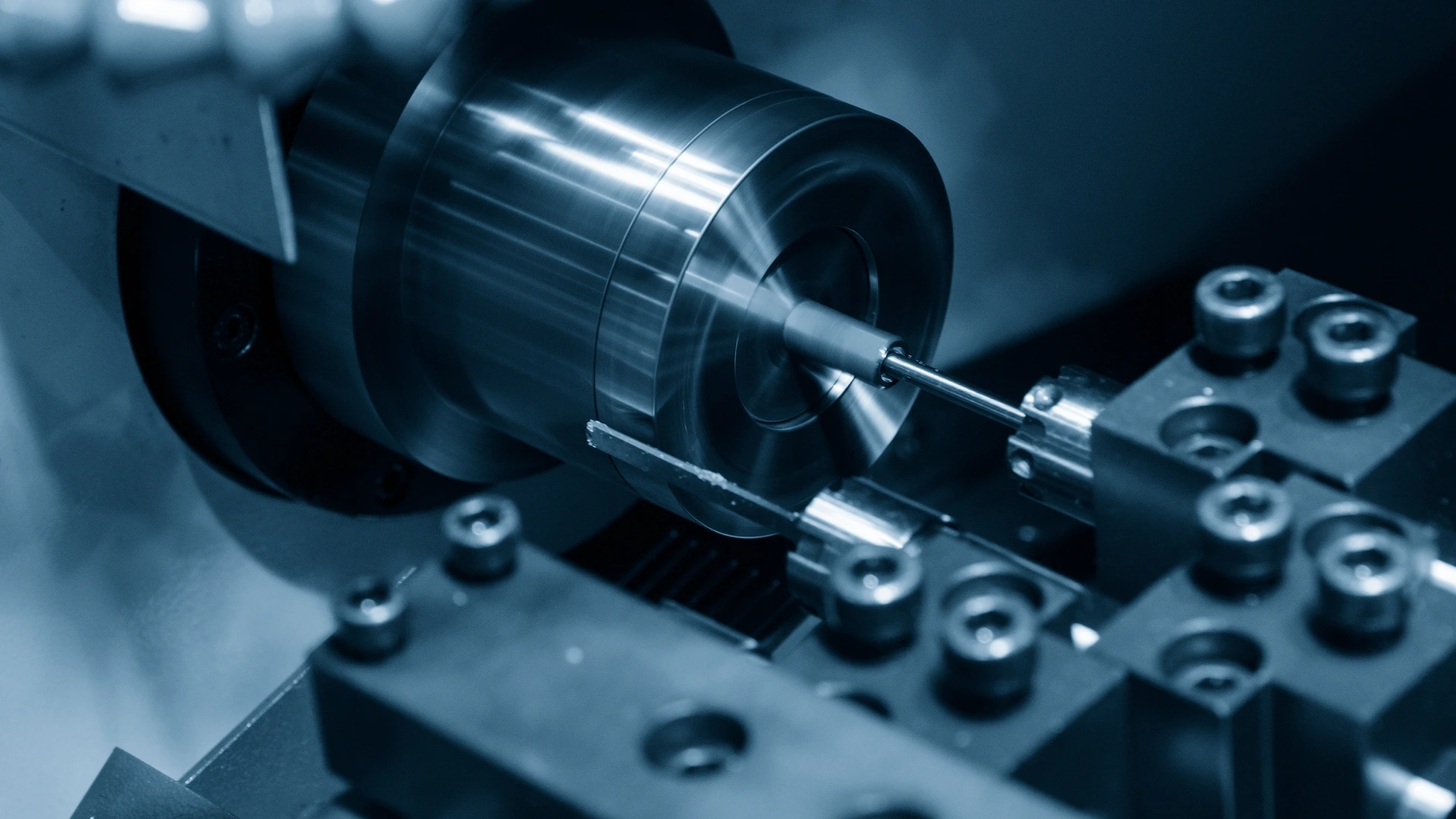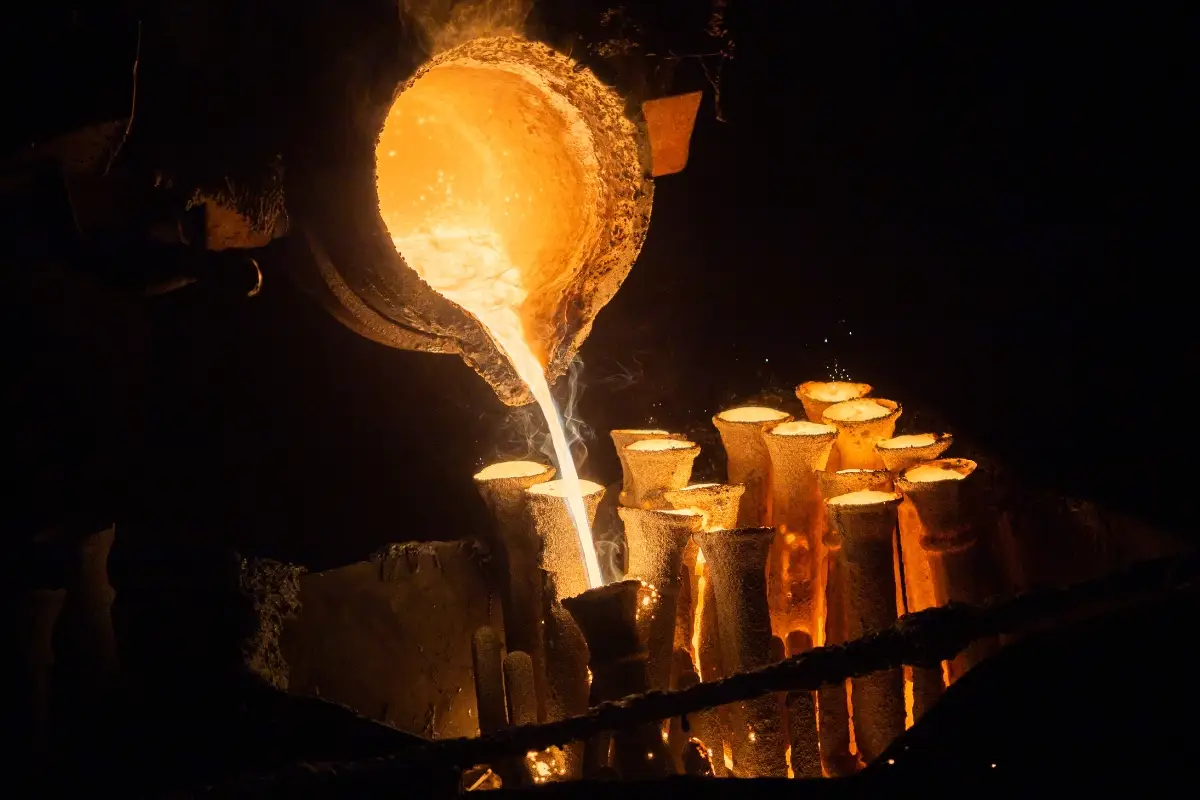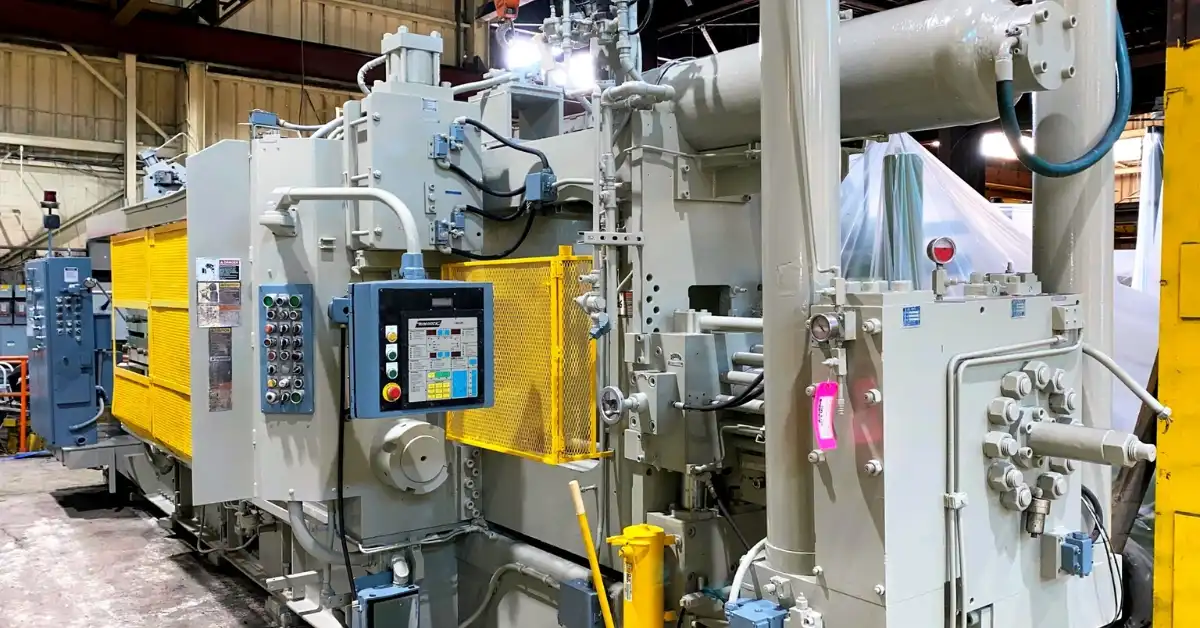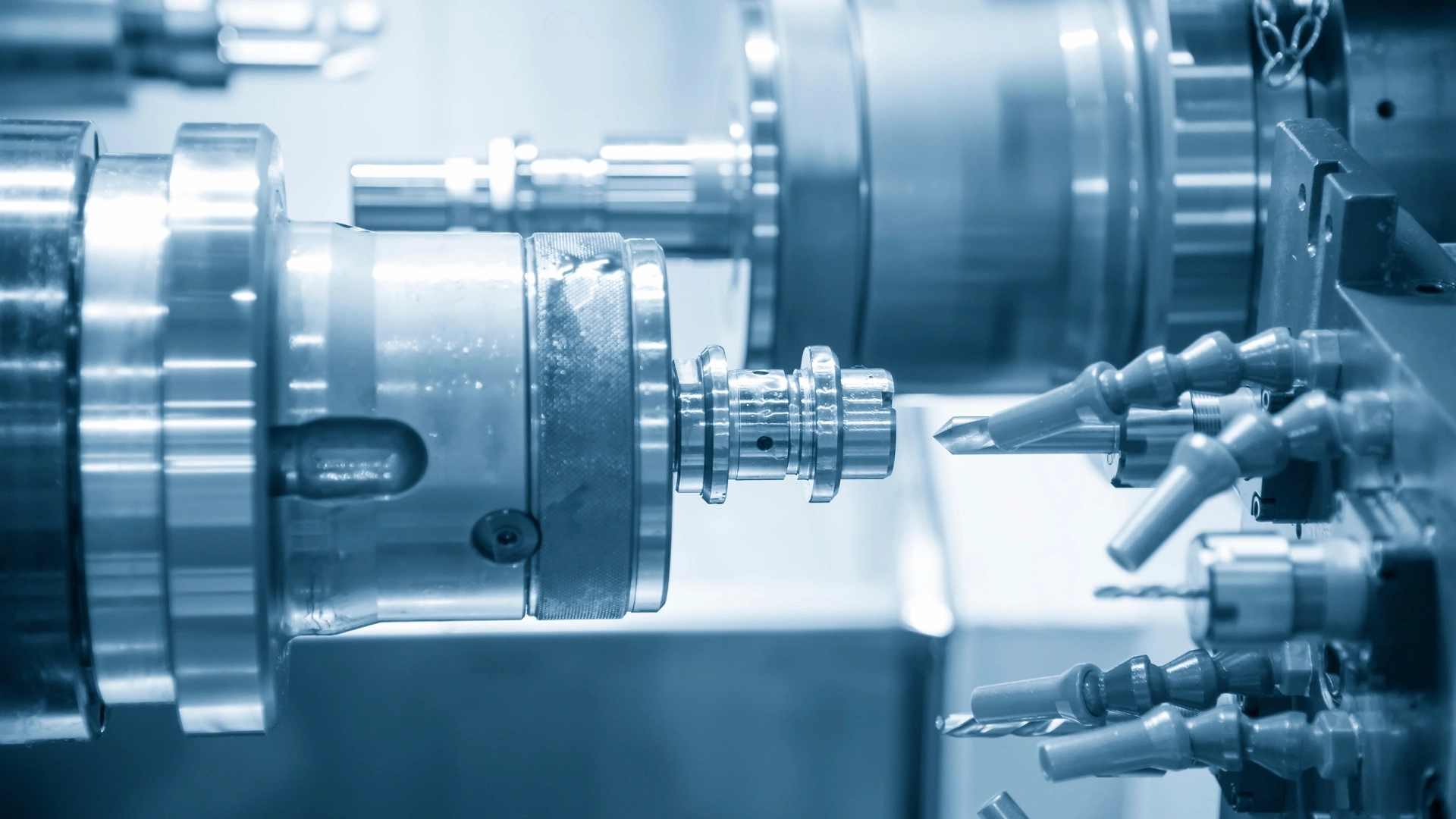
- Home
- Capabilities
- Aluminum Forging Service
China Aluminum Forging Service: 6061 & 7075 Forging
HDC specializes in precision 6061-T6 and 7075 aluminum forgings with ±0.15mm dimensional accuracy. Equipped with 1500-ton hydraulic presses and CNC machining centers, we deliver:
- ISO 9001 & IATF 16949 certified
- Fully Customizable
- High-strength Aluminum
- Heat-treatment Available
6 Technical Advantages of Forged Aluminum Alloys
Why Forged Aluminum Outperforms Casting & Machining
Superior Strength-to-Weight Ratio
Forged aluminum achieves 30% higher tensile strength than cast counterparts, with 6061-T6 alloy reaching 310 MPa yield strength – ideal for structural aerospace components.
Precision Grain Structure
Directional grain flow in die forging enhances fatigue resistance by 25%, critical for automotive suspension arms and robotic joint assemblies.
Corrosion Resistance
Natural oxide layer provides 5x better corrosion resistance vs. steel, meeting ASTM G85 standards for marine applications.
Thermal Conductivity
205 W/m·K heat dissipation in 6061 alloy outperforms titanium, essential for EV battery trays and power electronics.
Mass Production Consistency
Closed-die forging ensures ±0.2mm dimensional tolerance across 10,000+ unit batches.
Material Utilization
95%+ material yield rate reduces waste compared to CNC machining.
Trusted Aluminum Forging Partner Since 2011
13 Years of Precision Engineering Expertise
Advanced Manufacturing Capabilities
🔹1500T Hydraulic Forging Presses with Real-Time Monitoring
🔹Integrated CNC Machining & Surface Treatment Centers
🔹ISO 9001-Certified Quality Management System
Multi-Stage Quality Assurance
🔹Material Analysis: Spectrometer chemical verification
🔹Process Monitoring: Infrared temperature control
🔹Precision Validation: CMM dimensional inspection
Operational Excellence
🔹15% Higher Production Efficiency vs Industry Average
🔹90% On-Time Delivery Rate (2021-2023 Average)
🔹Material Recycling Program: 75% Scrap Metal Reuse
Environmental Commitment
🔹Energy-Efficient Induction Heating Systems
🔹Closed-Loop Water Cooling Circuits
🔹Continuous Improvement in Waste Reduction
Materials Offered by HDC for Custom Aluminum Forging
Explore the high-quality aluminum alloys we provide for superior die forging results.
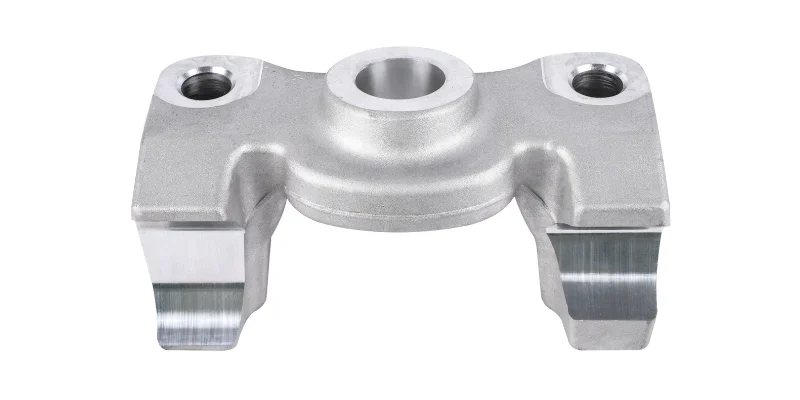
6061-T6 Aluminum
General-Purpose Excellence
- 310 MPa Yield Strength | 27% Elongation
- Automotive Control Arms | Drone Frames
- Weldable & Anodizable
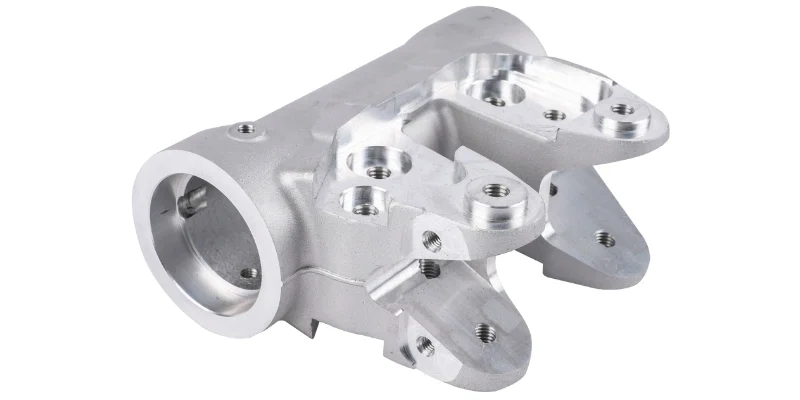
7075-T6 Aluminum
Aircraft-Grade Performance
- 503 MPa Tensile Strength | AMS-QQ-A-365 Certified
- Helicopter Rotor Hubs | Flight Control Systems
- Stress-Corrosion Resistant
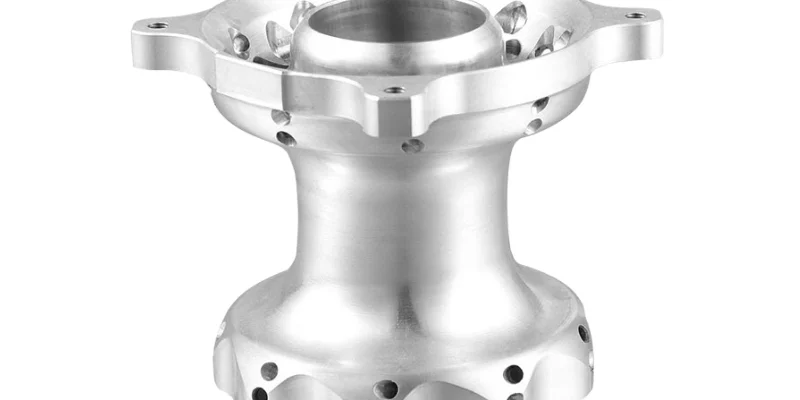
5083-H32 Aluminum
Marine-Grade Solution
- 215 MPa Yield Strength | ASTM B928 Compliant
- Shipbuilding Components | Offshore Platforms
- Seawater Corrosion Resistance
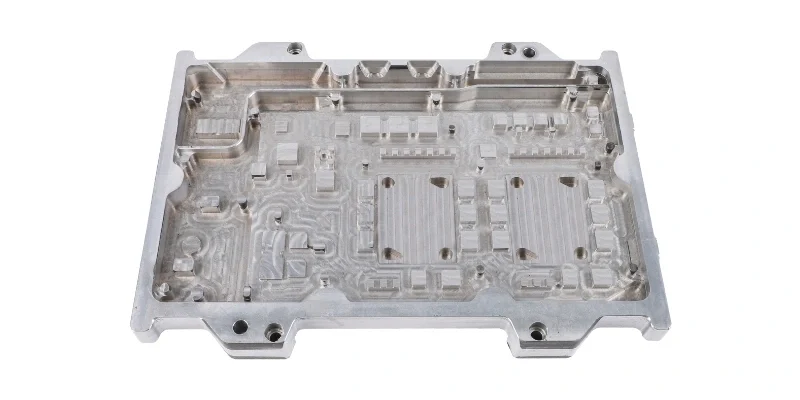
6082-T6 Aluminum
Structural Specialist
- 340 MPa Ultimate Strength | EN 573-3 Standard
- Railway Bogies | Construction Machinery
- Machining-Friendly
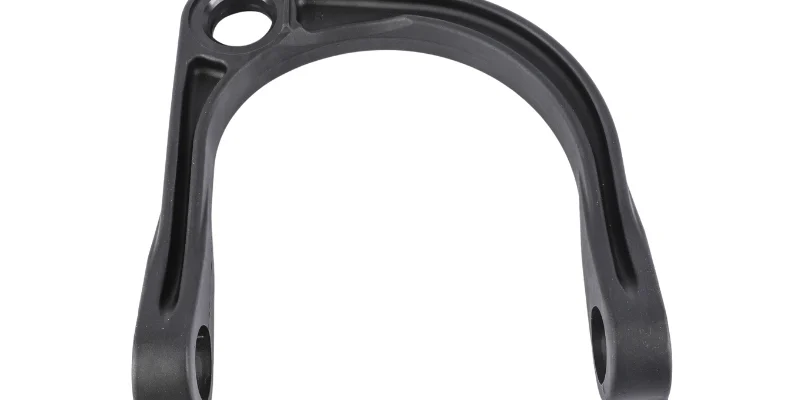
2024-T3 Aluminum
High-Cycle Fatigue Resistance
- 470 MPa Ultimate Strength | AMS 4037 Certified
- Aircraft Wing Ribs | Hydraulic System Parts
- 100,000+ Cycle Durability
Aluminum Die Forging: Process Innovations & Engineering Solutions
Balancing Performance with Production Realities
Standard Aluminum Die Forging Process
- Material Certification: Aerospace-grade alloys (6061/7075 series) undergo spectrochemical analysis.
- Billet Conditioning: Precision induction heating systems achieve optimal forging temperature (400-500°C range) with ±25°C uniformity, preparing homogeneous grain structures.
- Die System Preparation: High-grade tool steel dies with conformal cooling channels undergo finite element analysis (FEA) to optimize material flow patterns and die longevity.
- Precision Forging: Closed-die forging under 50-200MPa pressure achieves near-net-shape forming with directional grain alignment for enhanced mechanical properties.
- Flash Control: Automated trimming removes excess material while maintaining ≤5% scrap rate, followed by non-destructive testing for dimensional compliance.
- Heat Treatment: T6 tempering process (solution heat treatment + artificial aging) enhances yield strength by 20-30% while maintaining ductility.
- Surface Engineering: Standard finishing options include anodizing (MIL-STD-171), mechanical polishing (Ra≤3.2μm), or protective coatings for application-specific performance.

Aluminum Forging Advantages
| Factor | Forging | Casting | Machining |
|---|---|---|---|
| Strength | ★★★★★ | ★★☆ | ★★★☆ |
| Tolerance | ±0.1mm | ±0.5mm | ±0.05mm |
| Lead Time | 4-6 Weeks | 2-4 Weeks | 1-3 Weeks |
Design Challenges and Solutions
| Limitation | Engineering Solution |
|---|---|
| High Tooling Cost | Shared tooling program |
| Complex Geometry | Hybrid forging+CNC |
| Thin Walls | Multi-stage forging |
| Lead Time | Rapid tooling service |
Engineered Aluminum Forgings Powering Modern Industries
Explore the diverse applications of aluminum die forging in multiple sectors.
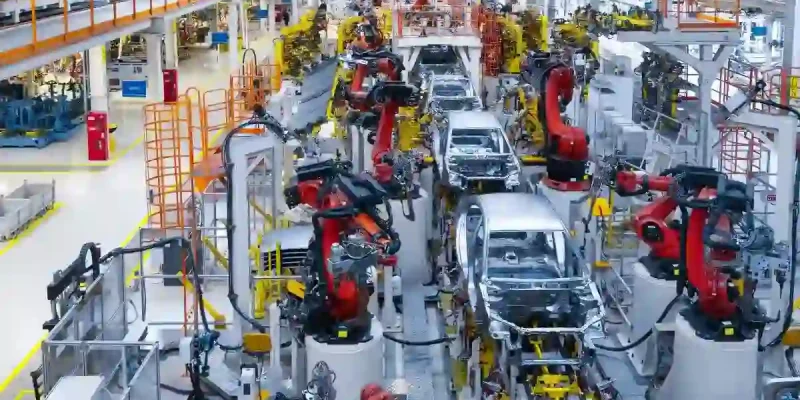
Automotive Industry
Core Components
• Suspension control arms • EV battery trays
Technical Value
40% weight reduction vs steel | ±0.2mm dimensional stability
Material Standards
AMS 4117 | ASTM B247
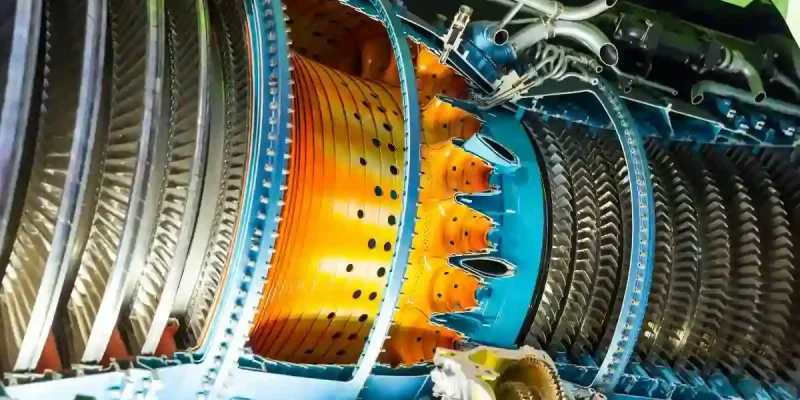
Aerospace Industry
Critical Parts
• Wing spars • Engine mounts • Flight control linkages
Performance Benchmark
7075-T6 @503MPa UTS | AMS 4037 compliance
Testing Protocols
NASM 1312-7 fastener testing

Energy Industry
Core Applications
• Wind turbine hubs • Solar tracker joints • Nuclear fixtures
Corrosion Resistance
ASTM B928 compliance | 1000hr salt spray tested
Environmental Ratings
NORSOK M-501 certified coatings

Electronics Industry
Precision Solutions
• 5G base station heat spreaders • Server cold plates • IGBT modules
Thermal Performance
205 W/m·K conductivity | Ra1.6μm surface finish
Industry Certifications
IPC-6012 packaging standards

Marine Industry
Critical Components
• Hull reinforcements • Propulsion shafts • Deck machinery
Marine Durability
ASTM G85 compliant | 30% weight reduction

Medical Industry
High-Precision Assemblies
• MRI components • Surgical robotics • Sterilization vessels
Surface Requirements
Ra0.8μm medical-grade polish | ISO 13485 compliance
Precision of Aluminum Forging
Understand the high precision achievable with aluminum die forging technology.
| Parameter | Precision Level | Description |
|---|---|---|
| Dimensional Tolerance | ±0.1 mm to ±0.5 mm | High dimensional accuracy for critical components |
| Surface Finish | 3.2 to 6.3 µm Ra | Smooth surface finish reducing the need for additional machining |
| Weight Tolerance | ±1% to ±5% | Consistent weight control for uniformity across parts |
| Geometric Tolerance | ±0.5° to ±2° | Precise control over angles and shapes |
| Roundness | 0.05 mm to 0.1 mm | Accurate roundness for cylindrical parts |
| Flatness | 0.05 mm per 25 mm | Ensuring flat surfaces meet stringent requirements |
| Parallelism | 0.1 mm per 100 mm | Maintaining parallelism in forged parts |
FAQ
The lead time typically ranges from 4 to 8 weeks, depending on the complexity and quantity of the order. We strive to meet your deadlines and will provide an estimated timeline during the consultation.
Yes, our experienced engineering team can assist with the design and optimization of your forged parts to ensure they meet your specifications and performance requirements.
We accommodate both small and large orders. The minimum order quantity is usually 200 pieces, but we are flexible and can discuss your specific needs. There is no maximum order quantity; we can handle large-scale production runs.
We offer a wide range of aluminum alloys, including 6061, 7075, 2024, 5083, and 6082. Our team can help you select the best alloy for your application based on strength, corrosion resistance, and other factors.
We have a rigorous quality control process that includes material inspection, dimensional verification, and mechanical testing. Our quality assurance team ensures that every part meets industry standards and your specific requirements.
Yes, we offer comprehensive services including CNC machining, heat treatment, surface finishing, and assembly to provide you with a complete, ready-to-use product.
Absolutely. We can create prototypes to validate the design and functionality of your part before moving into full-scale production. This helps to ensure the final product meets your expectations.
We serve a variety of industries including automotive, aerospace, industrial machinery, construction, marine, and electronics. Our versatile capabilities allow us to meet the unique needs of each sector.
Get an Instant Quote!
Get a quick quote for your project with just a click! Request an instant quote now!

Contact With Us
Other Service HDC Provide
Explore the range of additional services HDC offers, from custom design and prototyping to logistics and post-manufacturing support.
